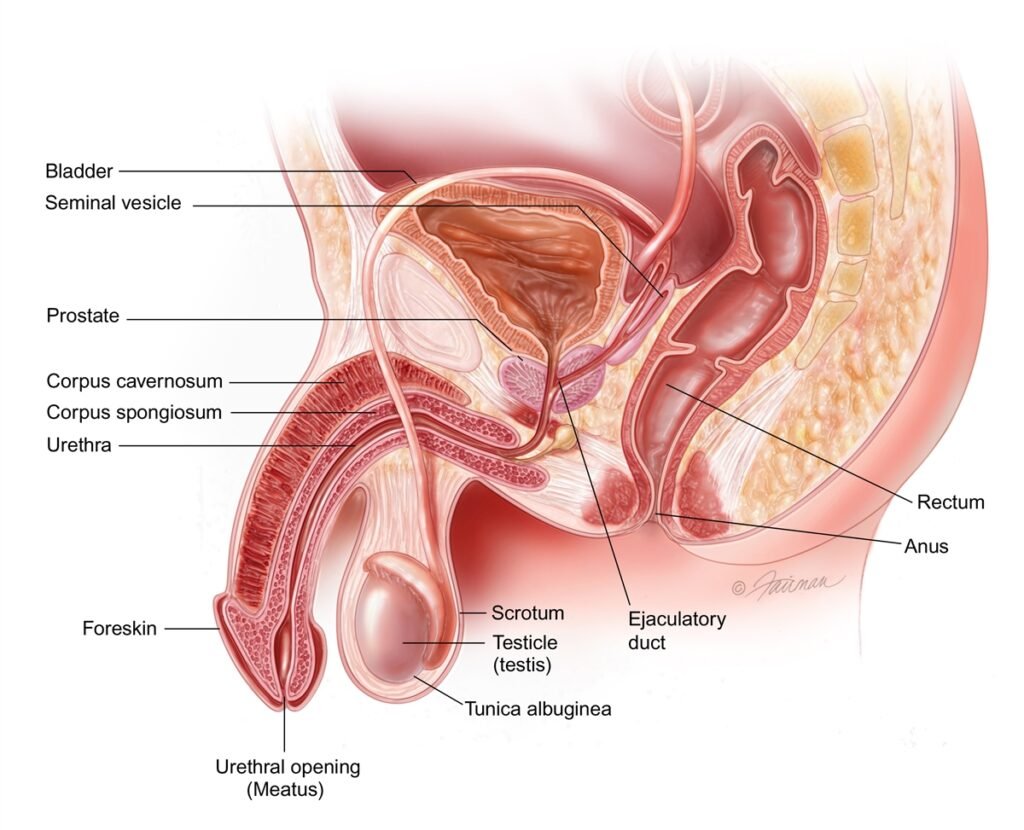
Introduction
Sexual performance and satisfaction are essential aspects of a healthy, fulfilling life. However, concerns about one’s sexual performance can sometimes lead to anxiety and self-doubt. Premature ejaculation, where a man ejaculates within 30 seconds of initiating intercourse, is a common concern for many individuals. In this article, we will explore the issue of premature ejaculation, its potential causes, and available solutions.
Understanding Premature Ejaculation
Premature ejaculation (PE) is defined as a condition in which a man consistently ejaculates sooner than he or his partner desires during sexual activity. While there is no universally accepted time frame for defining PE, the commonly used criterion is ejaculation within one minute of penetration. Ejaculating within 30 seconds would undoubtedly fall into this category.
Potential Causes of Premature Ejaculation
Psychological Factors: Anxiety, stress, and performance anxiety can contribute to premature ejaculation. Negative thoughts and worries about sexual performance can lead to heightened arousal and quicker ejaculation.
Biological Factors: Certain biological factors, such as an overactive ejaculatory reflex, hypersensitivity of the genital area, or hormonal imbalances, can play a role in premature ejaculation.
Relationship Issues: Relationship problems, including communication issues and emotional disconnect, can create stress and affect sexual performance.
Behavioral Habits: Masturbatory habits developed during adolescence or rushed sexual encounters may lead to a pattern of quick ejaculation.
Medical Conditions: In some cases, medical conditions like prostatitis or thyroid problems can contribute to premature ejaculation. It’s important to consult a healthcare professional to rule out underlying medical issues.

Is Premature Ejaculation a Problem?
Experiencing premature ejaculation occasionally is normal and shouldn’t necessarily be a cause for concern. However, if it occurs consistently and leads to distress for you or your partner, it may be worth addressing.
Potential Solutions and Treatments
Behavioral Techniques: Techniques such as the “stop-start” method and the “squeezer” technique can help delay ejaculation by improving your control over the ejaculatory reflex.
Counseling and Therapy: If psychological factors are contributing to premature ejaculation, therapy, and counseling can help address underlying issues and reduce anxiety.
Medications: In some cases, doctors may prescribe medications like selective serotonin reuptake inhibitors (SSRIs) or topical anesthetics to help delay ejaculation.
Kegel Exercises: Strengthening the pelvic floor muscles through Kegel exercises can improve ejaculatory control.
Lifestyle Changes: Reducing stress, getting regular exercise, and maintaining a healthy lifestyle can also contribute to better sexual performance.
Communication: Open and honest communication with your partner is essential. Discussing your concerns and preferences can help reduce anxiety and improve your sexual experience.
Conclusion
Experiencing premature ejaculation within 30 seconds while having intercourse can be a common issue, and it’s important to remember that occasional instances are normal. However, if premature ejaculation becomes a consistent problem that causes distress for you or your partner, seeking help is advisable. Whether it’s through behavioral techniques, counseling, medication, or lifestyle changes, there are effective ways to address premature ejaculation and enhance your sexual satisfaction. Remember that you are not alone, and seeking professional advice can lead to a more fulfilling sex life.
